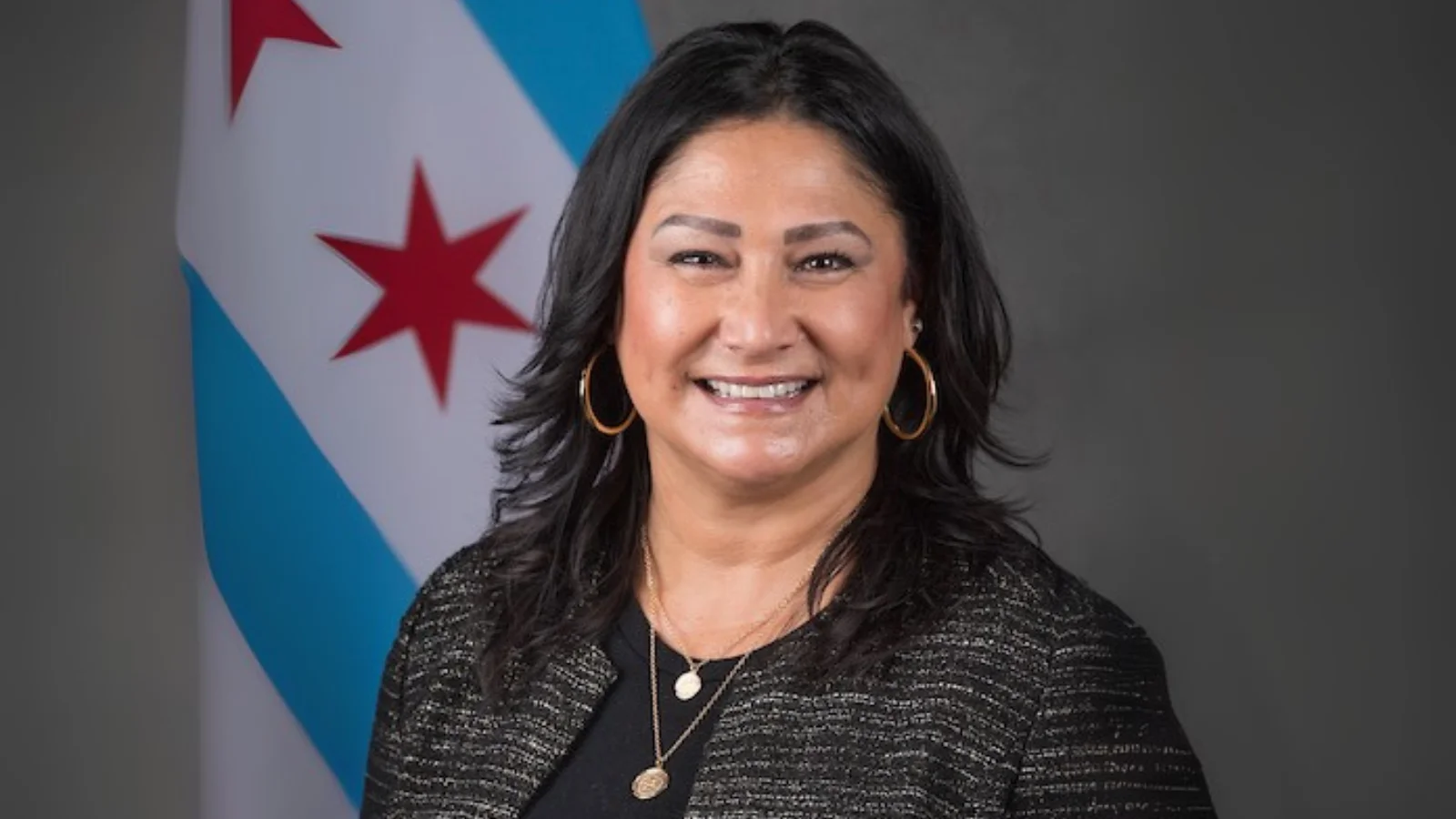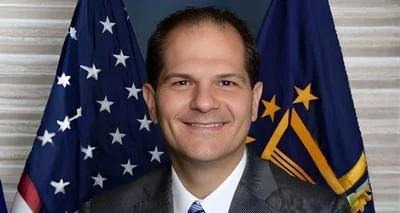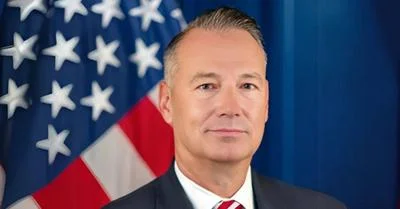Julie Hernandez-Tomlin, Commissioner | Coles County
Julie Hernandez-Tomlin, Commissioner | Coles County
The Chicago Department of Family and Support Services (DFSS) has released its 2025 Summer Youth Impact Report, detailing the effects of city youth programs on employment, enrichment, and violence prevention. The report comes as Mayor Brandon Johnson’s Protecting Chicago Budget proposes continued funding for these initiatives through a Community Safety Surcharge.
According to the report, young people in Chicago participated in more than 2.84 million hours of work experience and project-based learning over the summer. Collectively, they earned over $30.9 million—an average of about $1,815 per participant aged 16-24 in DFSS-funded programs.
“Today’s report is a testament to what we can accomplish when we provide our city’s young people the resources they need to succeed," said Mayor Brandon Johnson. “By coming together to fund programs that ensure young Chicagoans are gaining new skills through first-hand job experience, we’re building brighter futures for our youth and the communities they call home.”
DFSS Commissioner Angela Green highlighted the breadth of programming: “DFSS is proud to share a snapshot of the successes of its youth programming through the release of the 2025 Summer Youth Impact Report,” she said. “We are touching the lives of youth all across the city, offering them opportunities for personal advancement and enrichment and helping our young people chart new futures full of possibility, thanks to the learning experiences and connections to mentors and professional contacts they are able to establish though our programs.”
More than 150 community-based organizations across Chicago implement DFSS’s youth programs each year, serving over 108,000 residents. One Summer Chicago—the city’s flagship youth employment program—provided jobs for 31,122 young people this summer. Participants reported positive outcomes: 94% saw themselves as capable workers, while 91% felt more confident in their abilities.
Kathy Cullick, DFSS Deputy Commissioner for Youth Services, emphasized collaboration with other agencies: “One Summer Chicago would not be possible without the collaboration of DFSS’s delegate agencies; its numerous City sister agencies, including the Chicago Park District, Chicago Public Schools, City Colleges of Chicago, and many others; and its corporate partners within the private sector,” she said. “Each of our partners provide fantastic opportunities for youth, and we are deeply grateful for their partnership year after year.”
The report also describes violence reduction efforts aligned with Mayor Johnson’s People’s Plan for Community Safety. The Service Coordination and Navigation (SCaN) program provided case management support to 253 high-risk youths in 2025; participants achieved a total of 880 goals during that period. SCaN aims to expand services up to 540 youths under next year’s proposed budget.
Additionally, DFSS facilitated leadership development through its Peacekeeping program by providing classroom instruction and field training focused on restorative justice strategies for 210 youths this year.
A partnership between DFSS, police departments at both city and state levels resulted in deflection interventions via Youth Intervention Pathways—a diversion model intended to reduce law enforcement encounters among minors involved in low-level offenses. In 2025 alone, it successfully referred 74 participants away from further system involvement.
My CHI. My Future. Safe Spaces engaged approximately 6,400 youths at events throughout summer—including tournaments and classes—organized by more than 200 employed peers.
Commissioner Green underscored future plans: “We are excited for the future of our youth programs and the tangible impacts they are having on our City’s young people in helping to create new pathways toward brighter futures which in turn helps prevent violence,” she said. “The sustainable revenue stream for youth programming that would be created through the Community Safety Fund would ensure no progress is lost in our efforts to reduce violence and crime through trauma-informed youth engagement. We know these initiatives work—DFSS and its delegate agencies are witnessing transformation firsthand.”
Mayor Johnson's proposed Protecting Chicago Budget allocates nearly $58.8 million in ongoing funding for DFSS's youth programs next fiscal year—with most funds directed toward employment initiatives ($48.9 million) as well as violence reduction ($5.2 million). Additional resources will go toward intervention pathways and safe spaces designed to further reduce crime among young residents.






 Alerts Sign-up
Alerts Sign-up